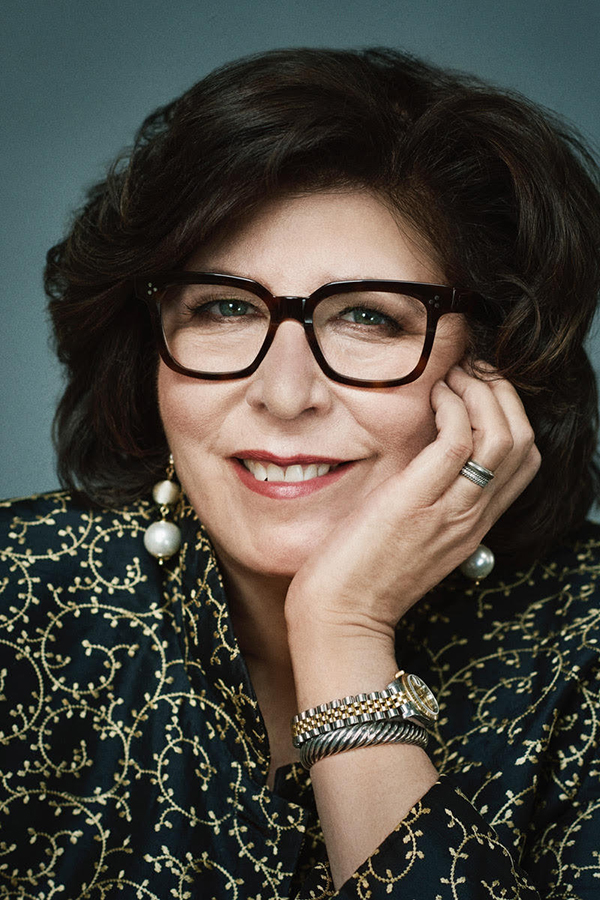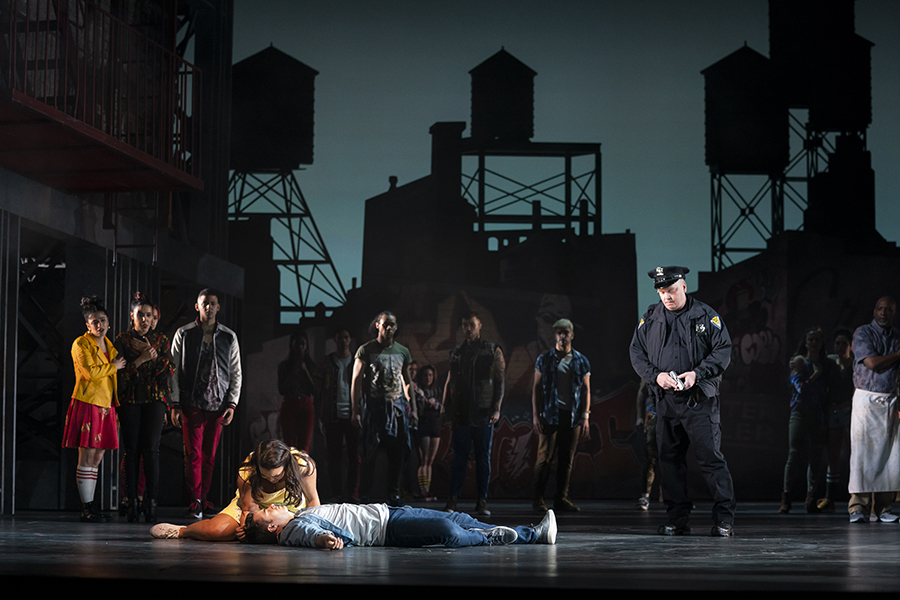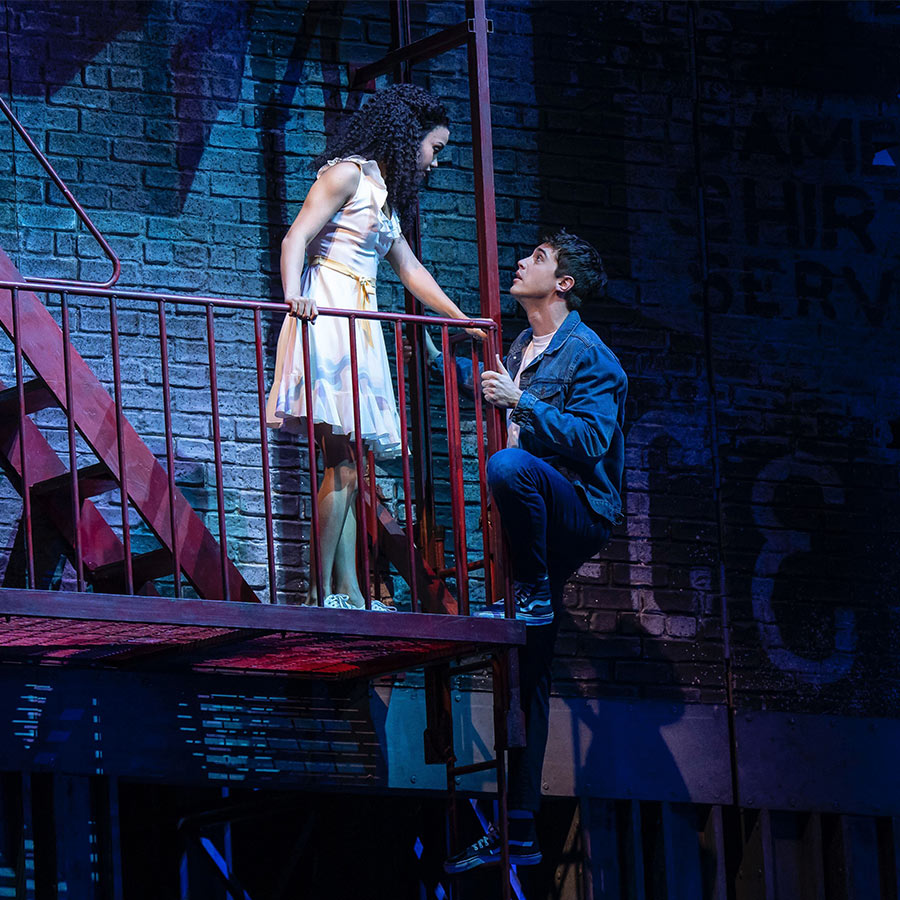May 15, 2023
West Side Story director's note
"Two households, both alike in dignity..." Thus begins Shakespeare's Romeo and Juliet, in which we see "ancient grudge break to new mutiny." When Arthur Laurents first conceived a modern, musical version of the play, he imagined a rivalry between Catholic and Jewish communities on the Lower East Side; only later did he and his collaborators move the story uptown, pitting a gang of native New Yorkers against those more recently arrived.
Although America is a country of immigrants, we continue to struggle with issues around immigration and migration, which makes West Side Story as resonant today as it was when it was first written. The musical landed on Broadway in 1957, just as the Civil Rights Movement was gaining steam and we were collectively examining some of the divisions in our country. In many ways, we have moved forward since that time. But even in the time from the debut of this production (2018) until now, I feel I've witnessed the growth of hatred in our country. There are laws in place against certain kinds of discrimination, but especially with the rise of social media, I'm concerned that we are becoming more, not less, inclined to think in terms of "us" vs. "them." The story of two warring gangs challenges all of us to look at how we define and marginalize "the other." Perhaps we find it easy to engage with people of different cultural backgrounds. But what about differences in education? Politics? Religion? Economic means? Gender and sexuality?

Renowned opera and theater director Francesca Zambello
The clash of cultures has been exacerbated by the increasing accessibility of firearms in this country, which has resulted in the deaths of not only those who take it upon themselves to represent and defend a particular group, but countless innocents caught in the crossfire. The original creative team's vision of America is hardly a utopian one, but they surely never imagined a landscape like today's, in which mass shootings are a regular occurrence in every kind of community, from urban nightclubs to suburban schoolyards.
The presence of a gun in the final moments of West Side Story drastically changes the dynamic in a way that is immediately recognizable. Maria's final speech is almost unbearable to witness, in part because it is so easy to understand her state of mind. "How do you fire this gun, Chino? Just by pulling this little trigger? How many bullets are left, Chino? Enough for you? ....and you? All of you? We all killed him; And my brother and Riff. I, too. I CAN KILL NOW, BECAUSE I HATE NOW."

Mikaela Bennett (Maria) and Corey Cott (Tony) in Lyric's 2019 production of West Side Story.
It troubles me that we seem to have accepted an us/them view of society, just as we seem to have accepted the presence of guns in our communities. This scene in West Side Story holds up a mirror to the devastating path we are on. What will finally allow us to muster the collective will to change our course?
Leonard Bernstein scrawled "an out and out plea for racial tolerance" across the first page of his copy of Romeo and Juliet. As we approach this piece once again, I hope we can make that plea reverberate in a new way.

